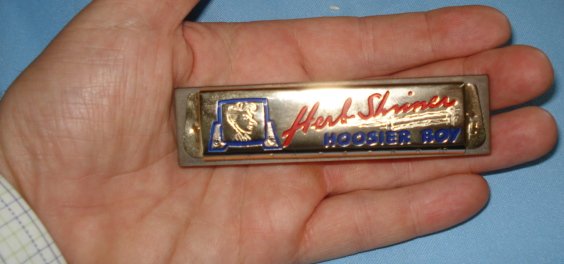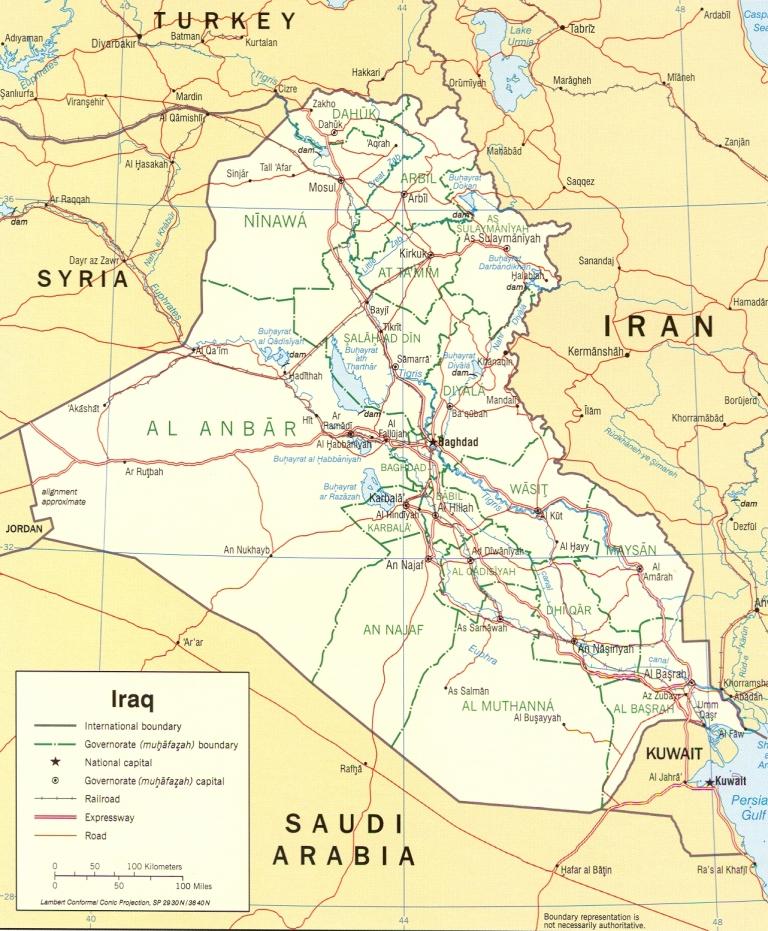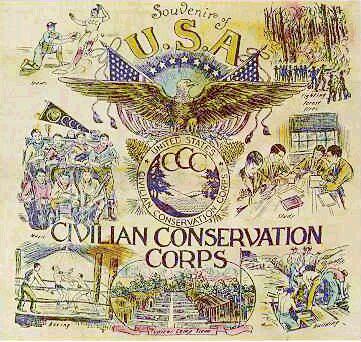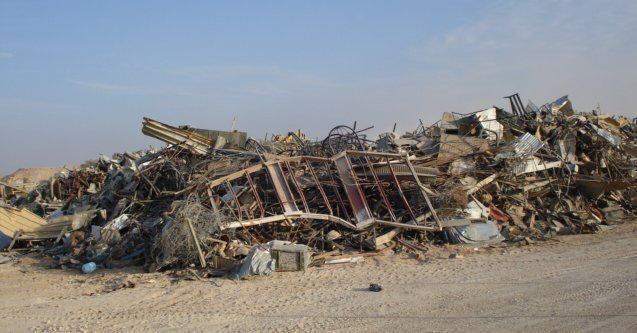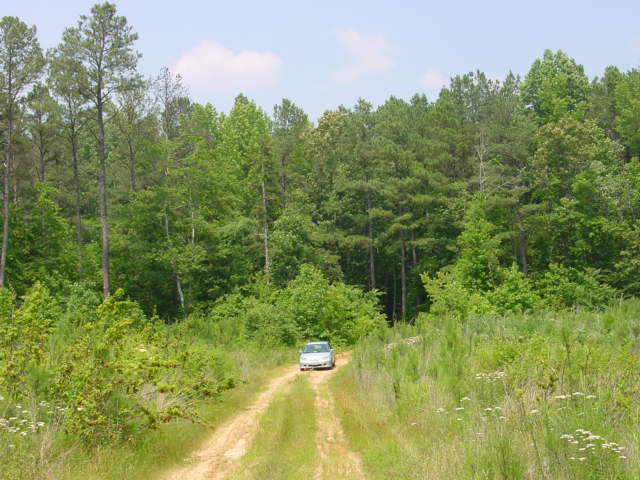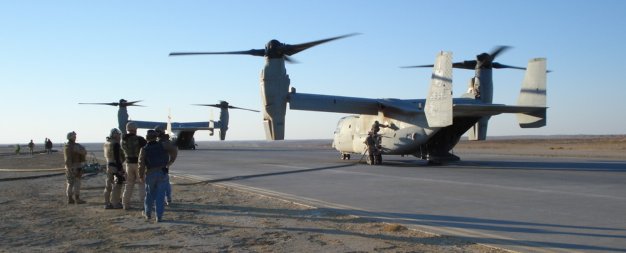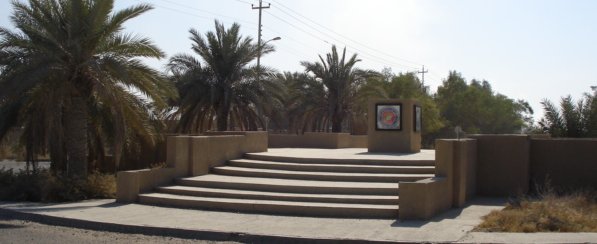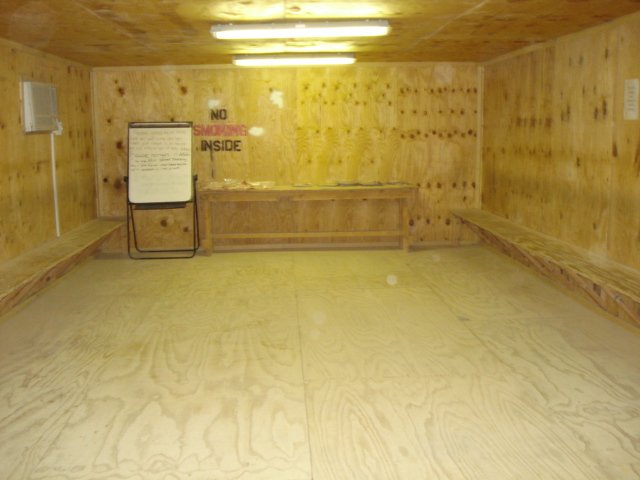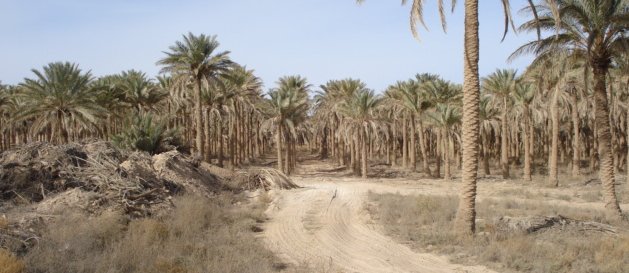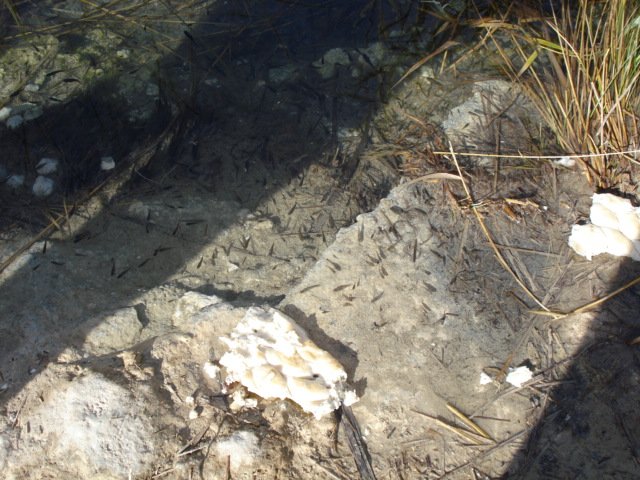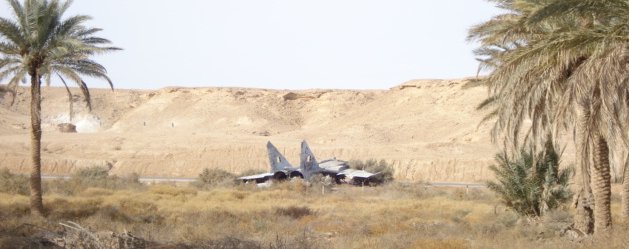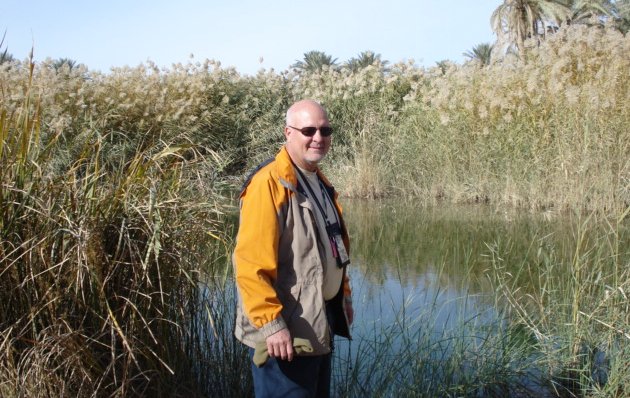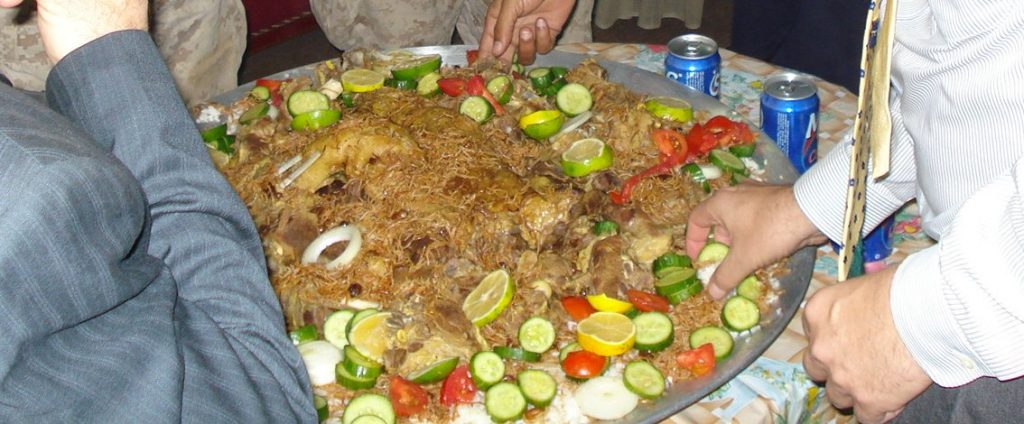The Colonel of our Regimental Combat Team was interviewed for Fox News.
I admire Colonel Clardy. He has done an excellent job here. There is lots of credit to go around, but the Colonel certainly deserves a big share in turning this situation around in western Al Anbar. He is well respected by his men and our Iraqi colleagues alike, a true soldier-diplomat. I saw he is also very good on television and told him that he should run for political office. We could use politicians who have experience running a big operation under these kinds of difficult conditions. I continue to be amazed at how comprehensive a job it is, with elements of management, leadership, diplomacy, public relations and rule of law. It would also be good more politicians with real experience with war and peace.
There are lots of heroes around here. Some people fear that this generation of Americans is not up to the standards of the past. Every generation has its heroes; it depends on where you look. I trust my life to young men driving humvees or flying helicopters. I am impressed by their devotion to duty, not to mention their intelligence, politeness and friendliness. The Greatest Generation was great, but they did not use up all the heroism available in America.
Many of the officers are true intellectuals (although I am sure they would reject that characterization). They work to understand the whole situation, not just the parts but how the parts fit together. Especially impressive is General John Allen who I meet with some regularity. I learn a lot just from standing near him.
Sorry if I am rambling. I just wish more Americans had the opportunity to work with the brave ad capable men & women here in Iraq. They would be prouder to be Americans and it might change some attitudes. One of my colleagues, a self described former tie-dye hippy, was talking today about how he quickly jumped to the defense of our Marines while at a conference about refugees. He was annoyed when some UN & NGO types accused them of “invading the humanitarian space” that these organizations considered their rightful property. The Marines were saving lives and building the future while some others were theorizing and chattering about when they were going to decide to decide to demand something be done by somebody else. Heroes do more than talk about helping.

